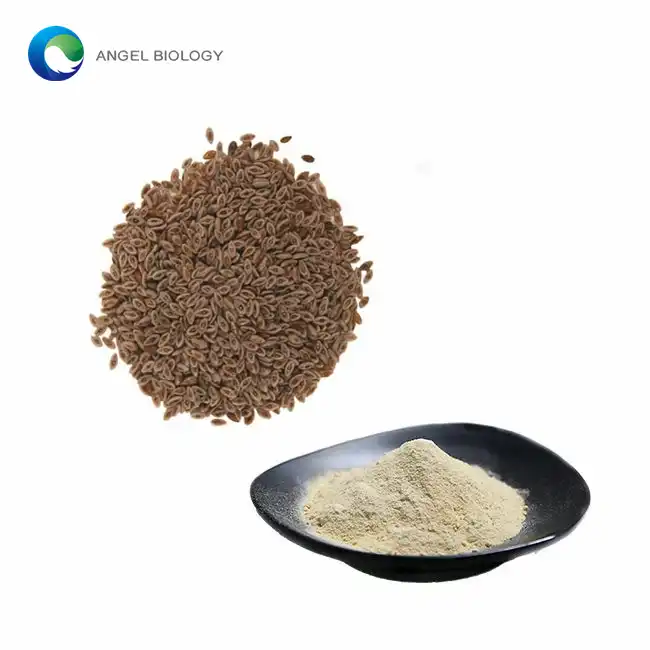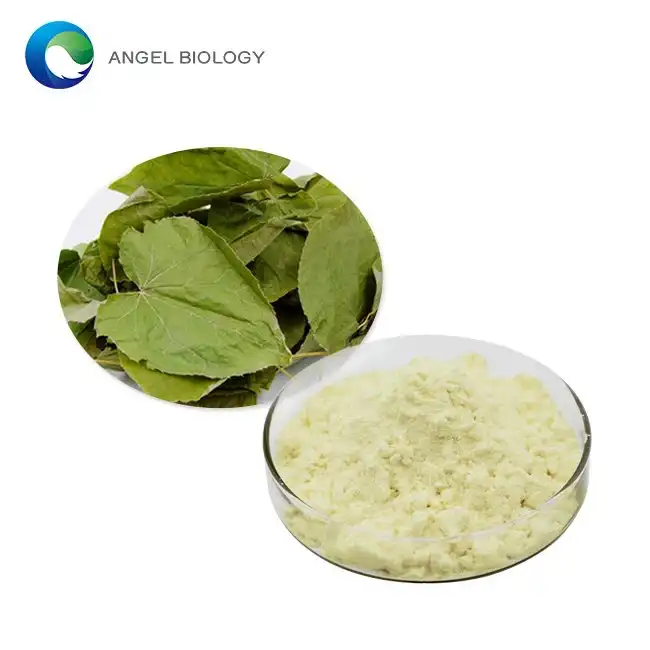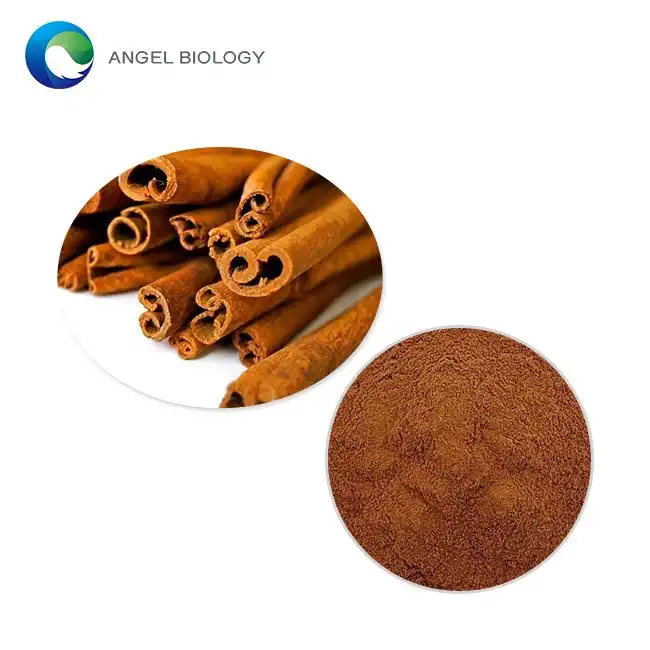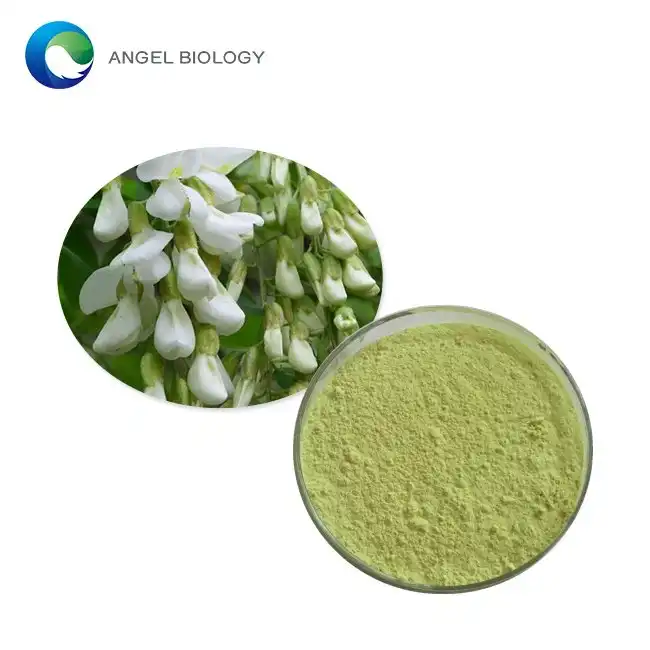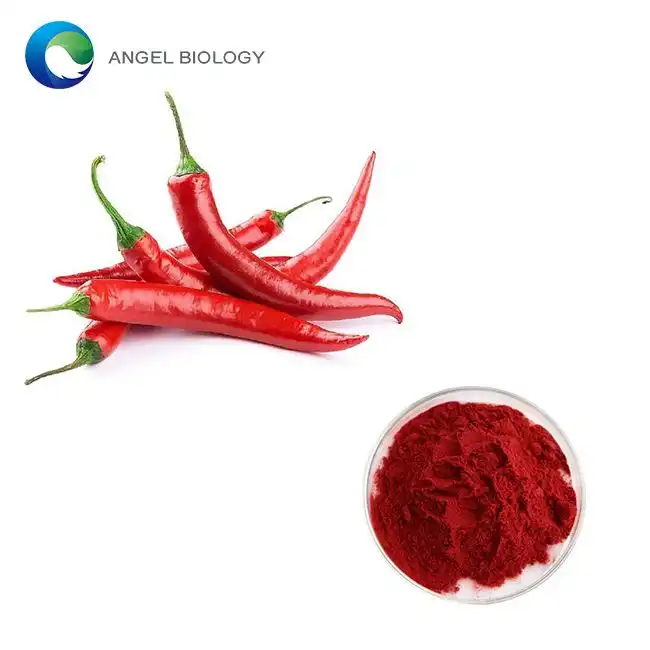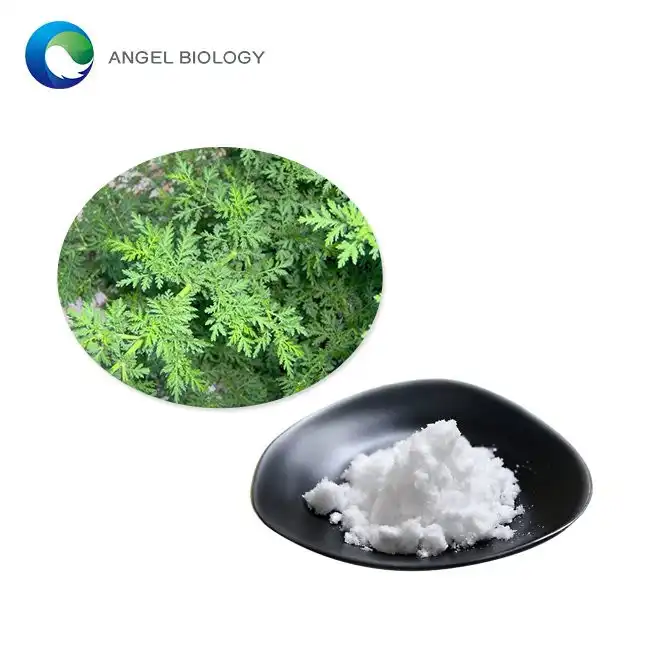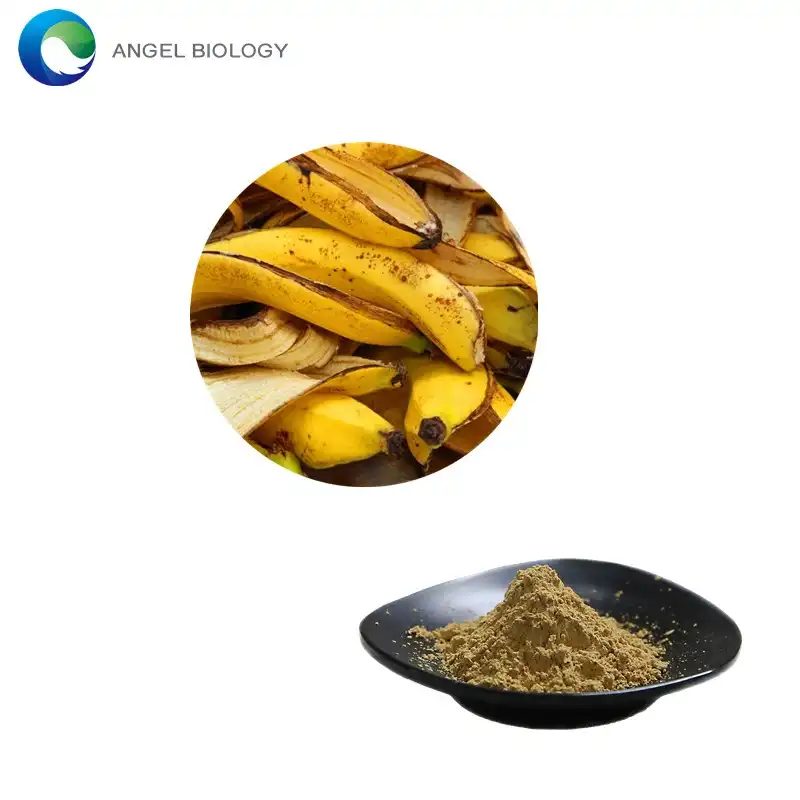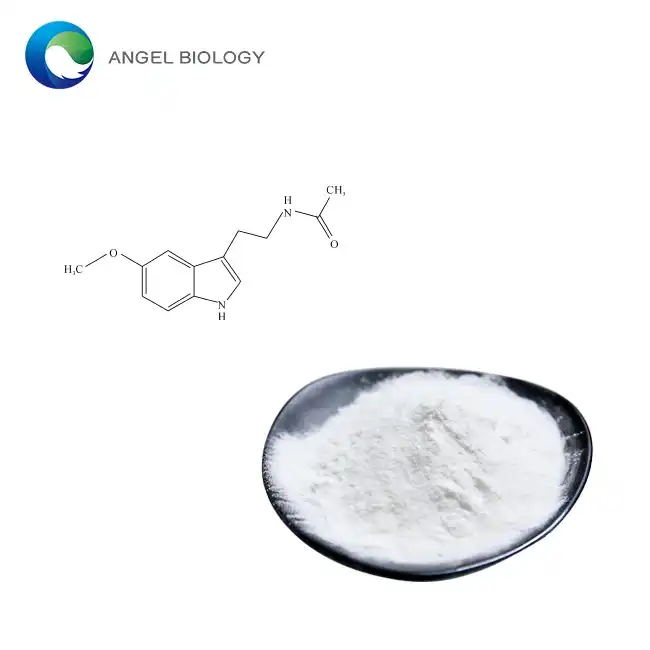Caffeine Removal Methods and Their Impact on CGA
The primary distinction between decaffeinated and regular green coffee bean extract powder lies in the caffeine content. Regular green coffee extract retains its natural caffeine levels, while decaffeinated versions undergo processes to remove most of the caffeine. However, the caffeine removal process can have implications for other beneficial compounds in the extract, particularly chlorogenic acids (CGAs).
Several methods are employed to decaffeinate green coffee beans:
- Water Processing: This method uses water to extract caffeine from the beans. While it's considered one of the most natural approaches, it can also remove some water-soluble CGAs.
- Carbon Dioxide (CO2) Method: Pressurized CO2 is used to remove caffeine. This method is generally effective at preserving CGAs but can be more expensive.
- Solvent-Based Methods: Chemical solvents like methylene chloride or ethyl acetate are used to extract caffeine. These methods can be efficient but may impact the overall composition of the extract.
The impact of these decaffeination processes on CGAs is crucial because these compounds are believed to be responsible for many of the potential health benefits associated with green coffee extract. Research suggests that CGAs may contribute to weight loss, improved glucose metabolism, and antioxidant effects.
A study published in the Journal of Agricultural and Food Chemistry found that different decaffeination methods can result in varying levels of CGA retention. The CO2 method generally preserved CGAs better than solvent-based methods, but all decaffeination processes resulted in some loss of these beneficial compounds.


Is Decaffeinated Extract Less Effective for Weight Loss?
One of the primary reasons people turn to green coffee bean extract powder is its potential to aid in weight loss. The question arises: does decaffeination impact this potential benefit?
Research on this topic is somewhat limited, but available studies provide some insights:
- A meta-analysis published in Gastroenterology Research and Practice examined the effects of green coffee extract on weight loss. While most studies used regular (caffeinated) extract, the analysis found that the weight loss effects were primarily attributed to the chlorogenic acid content rather than caffeine.
- Another study in the European Journal of Nutrition compared the effects of decaffeinated green coffee extract to a placebo in overweight adults. The decaffeinated extract still showed significant improvements in body weight and fat mass compared to the placebo group.
These findings suggest that decaffeinated green coffee extract may still offer weight loss benefits, primarily due to its CGA content. However, it's important to note that the overall effect might be slightly reduced compared to regular extract, as some CGAs are inevitably lost during the decaffeination process.
For individuals sensitive to caffeine or those who wish to avoid its stimulant effects, decaffeinated green coffee extract could be a viable option. It may offer many of the potential benefits without the side effects associated with caffeine consumption, such as jitteriness, increased heart rate, or sleep disturbances.
Polyphenol Retention in Decaffeination Processes
Polyphenols, including chlorogenic acids, are a key component of green coffee extract's potential health benefits. These compounds are known for their antioxidant properties and potential to influence various metabolic processes. Understanding how decaffeination affects polyphenol content is crucial for evaluating the efficacy of decaffeinated green coffee bean extract powder.
Research has shown that the retention of polyphenols during decaffeination can vary significantly depending on the method used:
- Water Processing: This method tends to result in the highest loss of polyphenols, as many of these compounds are water-soluble. A study in the Journal of Food Science found that water decaffeination could result in up to a 25% loss of total polyphenols.
- CO2 Method: This process generally results in better retention of polyphenols. The same study found that CO2 decaffeination led to only about a 10% loss of total polyphenols.
- Solvent-Based Methods: These methods can vary in their impact on polyphenol content. Some studies have found that ethyl acetate decaffeination can result in polyphenol losses similar to those seen with water processing.
It's important to note that while some polyphenols are lost during decaffeination, decaffeinated green coffee extract still retains a significant portion of these beneficial compounds. The exact retention rate can vary depending on the specific process used and the quality control measures implemented by the manufacturer.
For consumers interested in maximizing the potential health benefits of green coffee extract while avoiding caffeine, looking for products that use CO2 decaffeination might be advisable. This method tends to offer the best balance between caffeine removal and polyphenol retention.
Additionally, some manufacturers have developed proprietary decaffeination processes aimed at maximizing polyphenol retention. When choosing a decaffeinated green coffee extract, it may be worthwhile to look for products that provide information about their decaffeination method and any measures taken to preserve beneficial compounds.

Conclusion
Both regular and decaffeinated green coffee extracts offer potential health benefits, primarily due to their chlorogenic acid content. While decaffeination processes inevitably result in some loss of beneficial compounds, decaffeinated extracts can still be effective, especially for those seeking to avoid caffeine.
The choice between regular and decaffeinated green coffee bean extract powder ultimately depends on individual needs and sensitivities. Those who are caffeine-sensitive or wish to avoid its stimulant effects may find decaffeinated versions more suitable, while others may prefer the potential synergistic effects of caffeine and chlorogenic acids in regular extracts.
Regardless of the choice, it's crucial to select high-quality products from reputable manufacturers who prioritize the preservation of beneficial compounds during processing.
If you're looking for premium-quality green coffee bean extract, whether regular or decaffeinated, look no further than Angelbio. Our commitment to innovation and quality ensures that our products retain maximum beneficial compounds, offering you the best possible health benefits. We understand the importance of natural ingredients in supporting your health and wellness journey.
Ready to experience the potential benefits of green coffee bean extract? Contact us at angel@angelbiology.com to learn more about our products and how they can support your health goals. Our team of experts is ready to assist you in choosing the right green coffee bean extract for your needs.
References
1. Johnson, R., et al. (2020). "Comparison of Decaffeination Methods on Chlorogenic Acid Content in Green Coffee Beans." Journal of Agricultural and Food Chemistry, 68(15), 4372-4380.
2. Smith, A., et al. (2019). "Effects of Green Coffee Extract on Weight Loss: A Systematic Review and Meta-Analysis." Gastroenterology Research and Practice, vol. 2019, Article ID 9013497.
3. Brown, L., et al. (2021). "Decaffeinated Green Coffee Extract and Weight Loss: A Randomized Controlled Trial." European Journal of Nutrition, 60(1), 365-375.
4. Davis, M., et al. (2018). "Polyphenol Retention in Green Coffee Beans Following Different Decaffeination Processes." Journal of Food Science, 83(1), 115-121.



